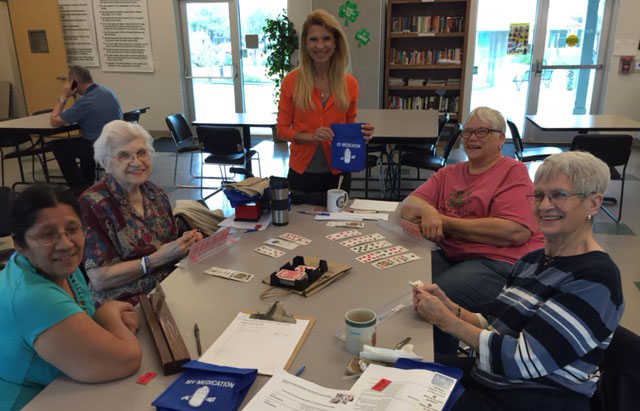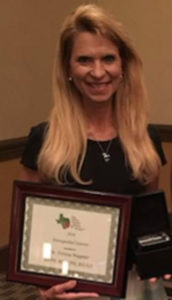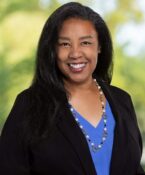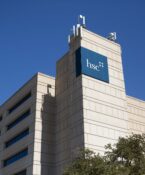Improving patient outcomes through health literacy
By: Sally Crocker

The prescription bottle said, “Take one tablet as needed,” so the patient did – repeatedly – going far beyond the recommended daily dosage.
A health information pamphlet for teens titled “Adolescent Transitional Care Policy” became much clearer when given the new headline, “You’re Becoming an Adult!”
In another example, plain language, photos and illustrations were found to better communicate how to take and store strong oral chemotherapy medicines that depend on closely following the directions.
These cases illustrate a serious national problem – health illiteracy. Health literacy, simply defined, is being able to obtain, use, understand and navigate health information, instructions and resources.
But the Institute of Medicine, a part of the National Institutes of Health, reports that more than 90 million adult Americans have limited skills in reading and math, considered necessary tools for understanding and following basic health information.
“Every day across the U.S., patients are confused by or misinterpret health care instructions, sometimes leading to very dangerous results,” said Teresa Wagner, DrPH, MS, CPH, RD/LD, health literacy advocate and Adjunct Assistant Professor with the School of Public Health.
“With health forms and instructions written well above the average adult reading level, it’s no wonder most Americans find health information complicated and confusing,” she said.
Dr. Wagner has worked for some time to increase health literacy awareness across Texas. Most recently, she testified to state legislators on behalf of a bill to improve health literacy, access to care and patient outcomes.
“If passed, House Bill 3682 would be the first document to legally recognize the issue of health literacy in the state, and the long-term effect could improve the health of citizens and potentially save Texas millions of dollars in health care costs,” she said.
“Low income families, the elderly and new immigrants are most likely to suffer from health literacy challenges,” Dr. Wagner said, “greatly impacting prevention and control of health conditions. Language and cultural differences can also change interpretation and translations, giving different meanings than what may be intended.”
She said it is important to find ways to bridge communication gaps among the health care system, providers, patients, their families and caregivers.
A registered dietitian, Dr. Wagner works directly with patients and consults with health providers to empower individuals to take an active role in their personal wellness plan. Health literacy, she says, is key.
“When the doctor’s advice is for a patient to ‘eat healthier,’ what does that mean? Patients need a good understanding of how to shop for and prepare healthy foods, and how to make the best choices, as well as how to talk with doctors, nurses and others about their conditions, questions and concerns,” she said. “Those providers can then refer inter-professionally, so that experts in each area can address patient needs in a health literate manner.
“I have seen so many patients unsure of how to be proactive in their own care by simply asking questions, people who have stopped taking their medicines because they didn’t feel comfortable talking to the pharmacist, or who didn’t understand health or nutrition instructions but were afraid to ask.
“Even making a doctor’s appointment can be a challenge when it comes to navigating websites and completing forms online,” she said.
Dr. Wagner was first drawn to health literacy while pursuing her DrPH at UNTHSC’s School of Public Health, when she began working as a graduate assistant on a health literacy research project for the United Way of Tarrant County.
She then chose to complete her doctoral residency at the University of Texas Center for Health Communication and the Literacy Coalition of Central Texas (LCCT). She was subsequently hired as the LCCT’s Director of Health Literacy, leading to her work that continues in this area today.
This fall, part of her appointment will be with the UNTHSC Institute for Patient Safety, leading health literacy efforts. These efforts will address general health and wellness information, as well as emphasize health literacy as a factor in patient safety.





Social media